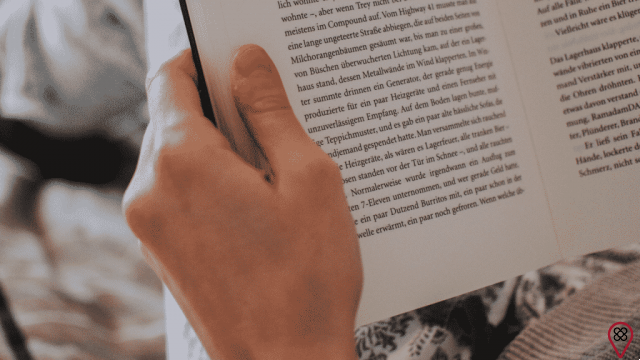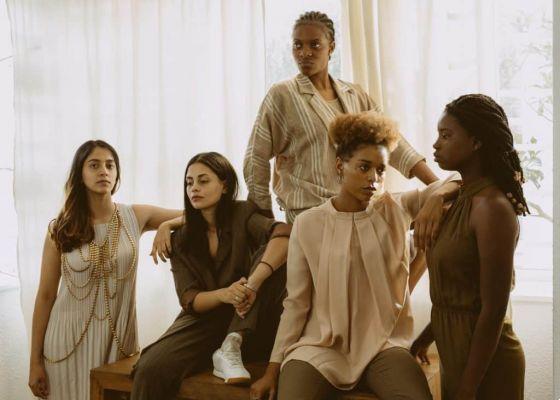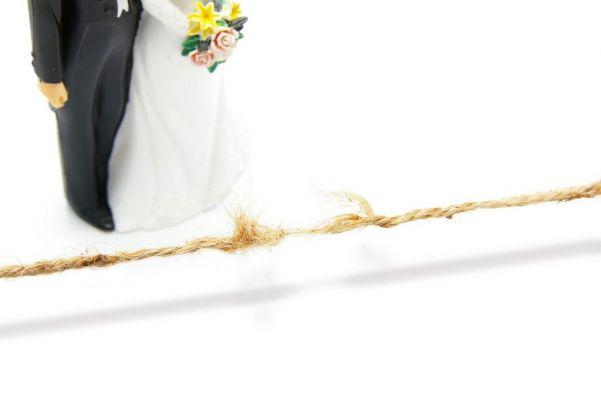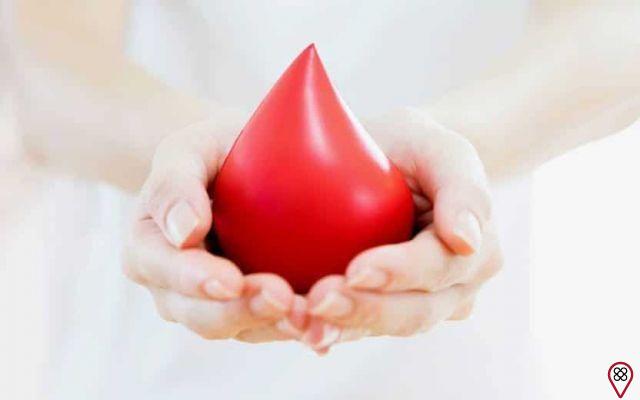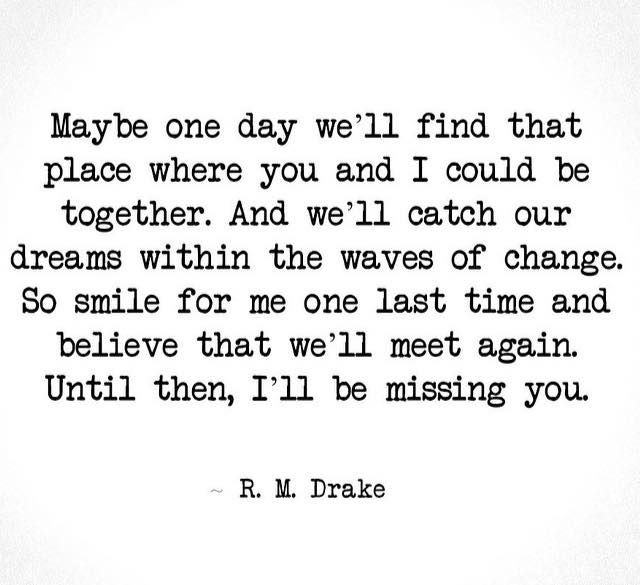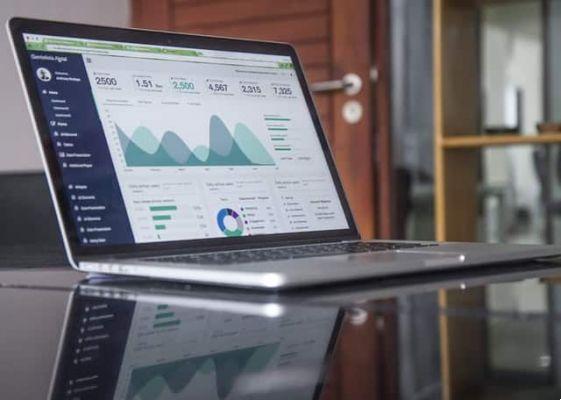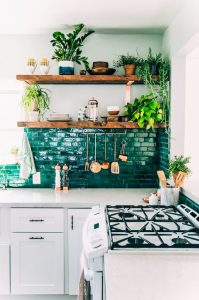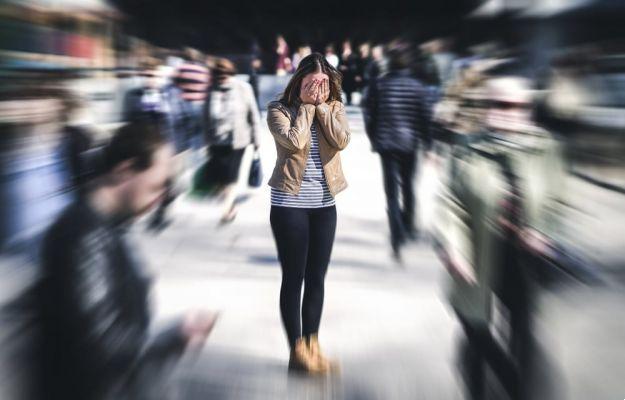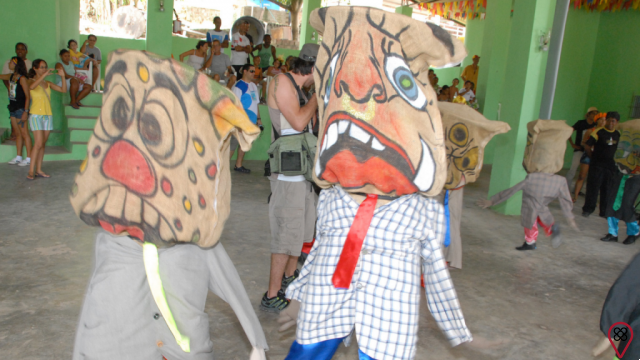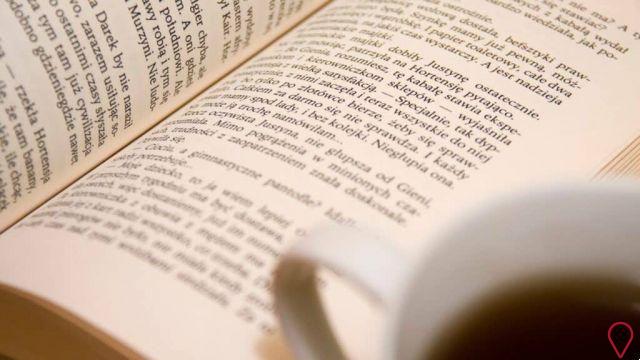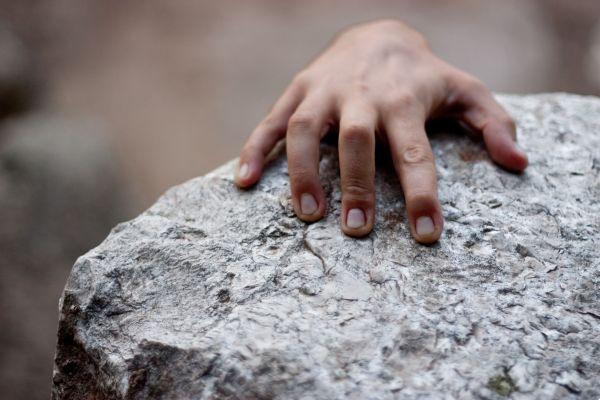Me without Borders: What is the Free Clothes movement?
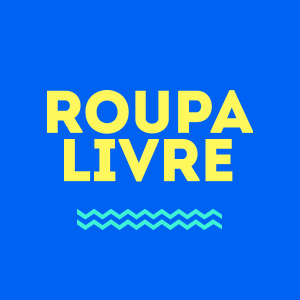 Free clothes: It is a project that creates alternatives to the disposable way of consuming clothes, seeking to make the most of what is already ready and, at the same time, encouraging creativity to find solutions to deal with the excess we have in the world today. It works through initiatives so that people can create a more affectionate, careful and affective relationship with the clothes they wear, connecting those who seek this other type of relationship and proposing events, courses, mentorships, digital books, mapping initiatives, production of content, creation of an exchange application and a lot of hands-on.
Free clothes: It is a project that creates alternatives to the disposable way of consuming clothes, seeking to make the most of what is already ready and, at the same time, encouraging creativity to find solutions to deal with the excess we have in the world today. It works through initiatives so that people can create a more affectionate, careful and affective relationship with the clothes they wear, connecting those who seek this other type of relationship and proposing events, courses, mentorships, digital books, mapping initiatives, production of content, creation of an exchange application and a lot of hands-on.
Eu sem Fronteiras: How did the project come about?
Free clothes: A little over 3 years ago, I was questioning my work and looking for something new, since the world of advertising was no longer fulfilling me. It was when I participated in a Re-Roupa workshop, with Gabriela Mazepa. Cutting a dress for the first time and turning it into a skirt and a blouse changed something inside me forever. I put that together with my desire to question consumption as a whole and things started to fall into place. So I started to produce Gabi's workshops and my interest in sewing increased, until I went to take a sewing course with Elisa Dantas, from Costureirinha. I told them about the workshops and the idea of holding an event together soon came up.
Clothes Livre was born as a unique event designed by the three of us, me, Gabi and Elisa. Almost three years later, there have been more than 50 activities promoted by the project, with more than 40 people offering or supporting activities and more than 1.200 participating. We estimate that more than 3.500 clothes have circulated through the events that we have already promoted, gaining new life after them, extending their life cycle and replacing the need for more new pieces with creativity in practicing this new look.
Looking back, I realize that Roupa Livre has grown from an event to become a movement in a very natural way. We didn't plan for it to be that way, but it ended up happening. We understood that in addition to holding events and workshops, where people practice and experience a new relationship with clothes, we could contribute by providing information and other solutions to help them have this new look at the pieces.
Me without Borders: Who is part of the team?
Free clothes: Today, between me, Gabi and Elisa, each one of them carries out their project individually, and only I continue to have Roupa Livre as the main project. They continue to contribute to make the project happen, however, in specific initiatives. And that's how with each initiative, working groups are formed to carry out specific tasks. Only I participate and I have participated articulating all the activities until today. Besides me, Bárbara Porner, a fashion student at UDESC, works in a more fixed way. She contributes by articulating the workshops, producing the initiatives together with me, mainly in Floripa, where I currently live, and writing for the blog. Henrique Rangel, our developer, also has a recurring and super present contribution. He's the code guy for the Roupa Livre App, making the exchanges roll across cell phones in España. And Larusso, who is the project's designer and takes care of the entire visual identity.
Eu sem Fronteiras: Why the idea of creating a space for discussion, research and clothing sewing?
Free clothes: There are already ready-made clothes for several generations in this world. To make a pair of jeans, we spend ten thousand liters of water. Every day, tons of fabric scraps are thrown away. And many people are exploited in the process of rampant clothing production.
That doesn't mean you have to stop feeling good and comfortable with what you wear. You can have your own style without harming people and the planet. We believe that, as humanity, we don't need more new clothes, we need a new look. We want to find ways to make it last longer, distribute knowledge about the way of production so that people question and empower themselves more by being closer to the way clothes are made. Only then will we truly understand what is involved in this production.
Eu sem Fronteiras: What do you think of the big brands that, most of the time, end up taking advantage of human work to profit?
Free clothes: It's ridiculous nonsense, but unfortunately it's part of how businesses are structured to exist today. But it's not because this is the way things happen that we should conform or even stop trying to do it in other ways. Therefore, in addition to seeking to reduce exploitation by companies, we need to exercise doing business and distributing goods and items, such as clothes, in innovative and creative ways that can solve these issues. We strongly encourage circular economy alternatives, which promote exchange, lending, revitalization and other ways of transacting things and preserving as much of their useful life as possible, without demanding more and more production in increasingly worse conditions.
Eu sem Fronteiras: What do you think of small local stores, like Oi gracia, from Porto Alegre, which creates and sews its own dresses?
Free clothes: I don't know this store specifically, but I strongly believe that the power to do things differently is in the hands of small local producers. These are initiatives with much more flexibility for change and usually with leaner teams, which makes them more agile in doing things in different ways. I believe that the consumer, by supporting and choosing these producers, can encourage this different way of doing things.
Eu sem Fronteiras: What are the plans for the future?
Free clothes: Keep proposing the initiatives that we are already developing and manage to structure them so that they are in more and more places and more and more accessible. The goal is to make these alternative ways of dealing with clothes as easy, practical and seductive as the ones that are prevalent today.
Me without Borders: Clothing says a lot about our style. Do you believe that you can dress well, creating your own clothes, mining with your friends?
Free clothes: Of course, I, personally, have been renovating my wardrobe for three years basically in exchange meetings. I didn't buy any new items in this period. There's a lot of new stuff in their friends' closets, which for them is rubbish and for us it comes with a new lease of life.
Me without Borders: What do you think of thrift stores?
Free clothes: Another excellent alternative to find novelty in what has already been used. And above all, they are business models that make more and more sense, grow and gain new air to overcome prejudices that some people may have in relation to buying at thrift stores.
Join the Facebook discussion group!
Interview conducted by Angelica Weise from the Eu Sem Fronteiras Team



